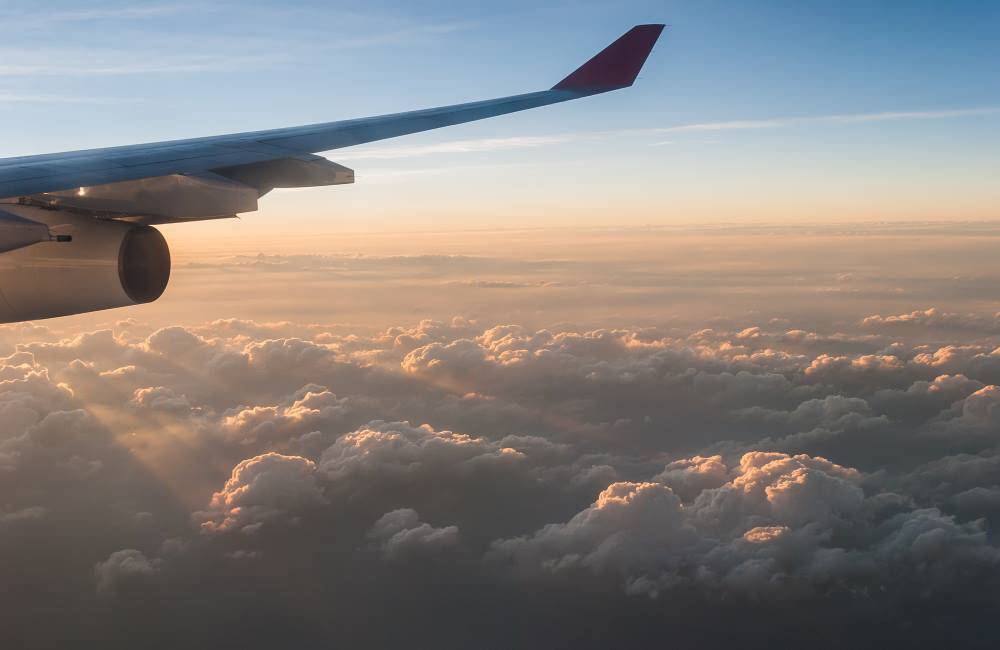In last year’s National League Championship Series, Los Angeles Dodgers ace Clayton Kershaw pitched the crucial Game 6 against the Chicago Cubs.
He flew, along with the rest of the team, 1,745 miles to play the game at Wrigley Field. Kershaw, one of the best pitchers in baseball, gave up two home runs in a 5-0 loss.
There were many factors to that one, but here’s one maybe people didn’t consider: jet lag.
“I don’t necessarily want to attribute all of that change in performance to the fact that Clayton Kershaw might have been jet lagged in that game,” Dr. Ravi Allada, who works in the Department of Neurobiology at Northwestern University, told the Los Angeles Times. “But our work would suggest that at least it’s a contributing factor to the change in his particular performance.”
By “our work” he means a new study he and his fellow researchers recently completed. This work focused on the affects of jet lag on baseball players. Their findings will give baseball fans yet another statistical element to consider about the game.
Jet Lag Drag on Baseball Players
Allada conducted the study with Alex Song, also in Northwestern’s Department of Neurobiology, and Thomas Severini, with the university’s Department of Statistics. The trio published their findings in the Proceedings of the National Academy of Sciences.
They looked at the data from almost 5,000 games played over 20 seasons. In each one of those games, one of the teams had traveled across at least two time zones for the game. They ultimately found that a team that travels eastward across time zones for a game are affected in a number of ways.
They include:
- Hitting fewer doubles and triples
- Stealing fewer bases
- Allowing more home runs
- Having a worse fielding percentage
The effect only seemed to happen when teams traveled eastward, losing time, rather than westward, when you gain time.
Jet lag is known to cause fatigue, moodiness, gastrointestinal issues and lack of concentration. Essentially, the body is used to a 24-hour “environmental cycle,” according to the report, and is thrown out of sync when that environment changes.
Home Teams More Affected
The biggest impact, based on the statistics, was on home teams who had traveled eastward across two time zones for a game. For example, the Tampa Bay Rays flying back home from Seattle to play a series against the Boston Red Sox.
In those cases, the home team’s odds of winning dropped by 3.5 percent. This is essentially erasing the home field advantage of 3.9 percent.
The study also found that defensive and pitching performance were affected for both home and visiting teams.
“Remarkably, the vast majority of these effects for both home and away teams could be explained by a single measure, home runs allowed,” the researchers wrote.
The findings are interesting for baseball fans, and might even factor into when teams fly players for games, especially pitchers.
The report also might give Dodgers fans a possible explanation for Kershaw’s performance, but little comfort.

